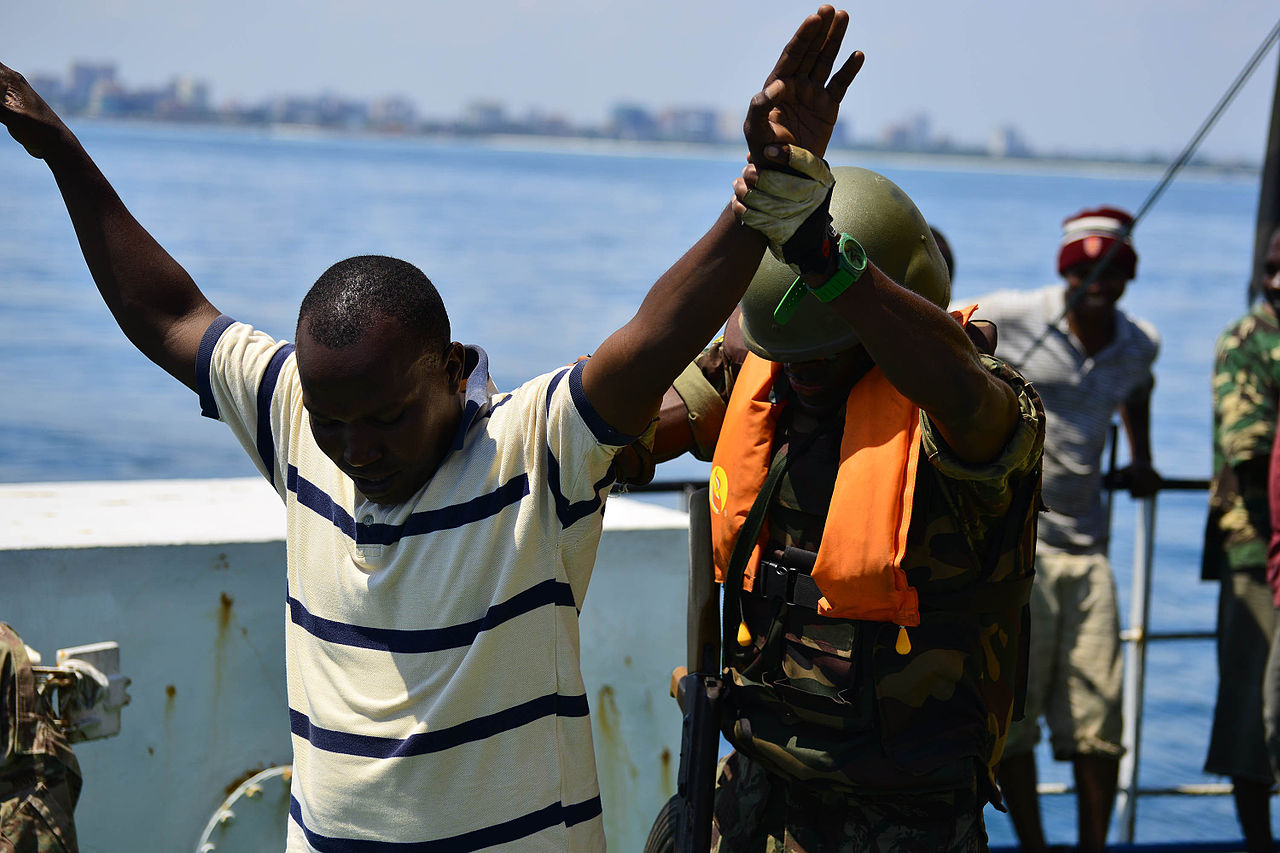A Canadian study on illegal activities in global fisheries comes to interesting conclusions. The study included a wide range of offences: fishing without a licence, unauthorised fishing gear, fishing without a quota, untruthful catch reports, transferring catch to another vessel, false identity, forced labour, etc.
In the years from 2000 to 2020, offences tended to increase. Most offences were reported in the areas around Japan, Thailand, Indonesia and Somalia, as well as around West Africa, Western Canada, the United Kingdom and Italy. Nearly a third of the offences were attributed to large Chinese-owned fishing companies. Illegal activities were mainly committed by industrial fisheries; small-scale fisheries were only caught just as often for fishing without a licence. Tuna fishing and fishing for species at the sea bottom are particularly common.




Kommentare
Kommentare deaktiviert.
Möchten Sie etwas zu diesem Beitrag sagen oder fragen? Kontaktieren Sie uns! (mail@fair-fish.net)
Would you like to comment or ask something regarding this article? Just contact us! (mail@fair-fish.net)